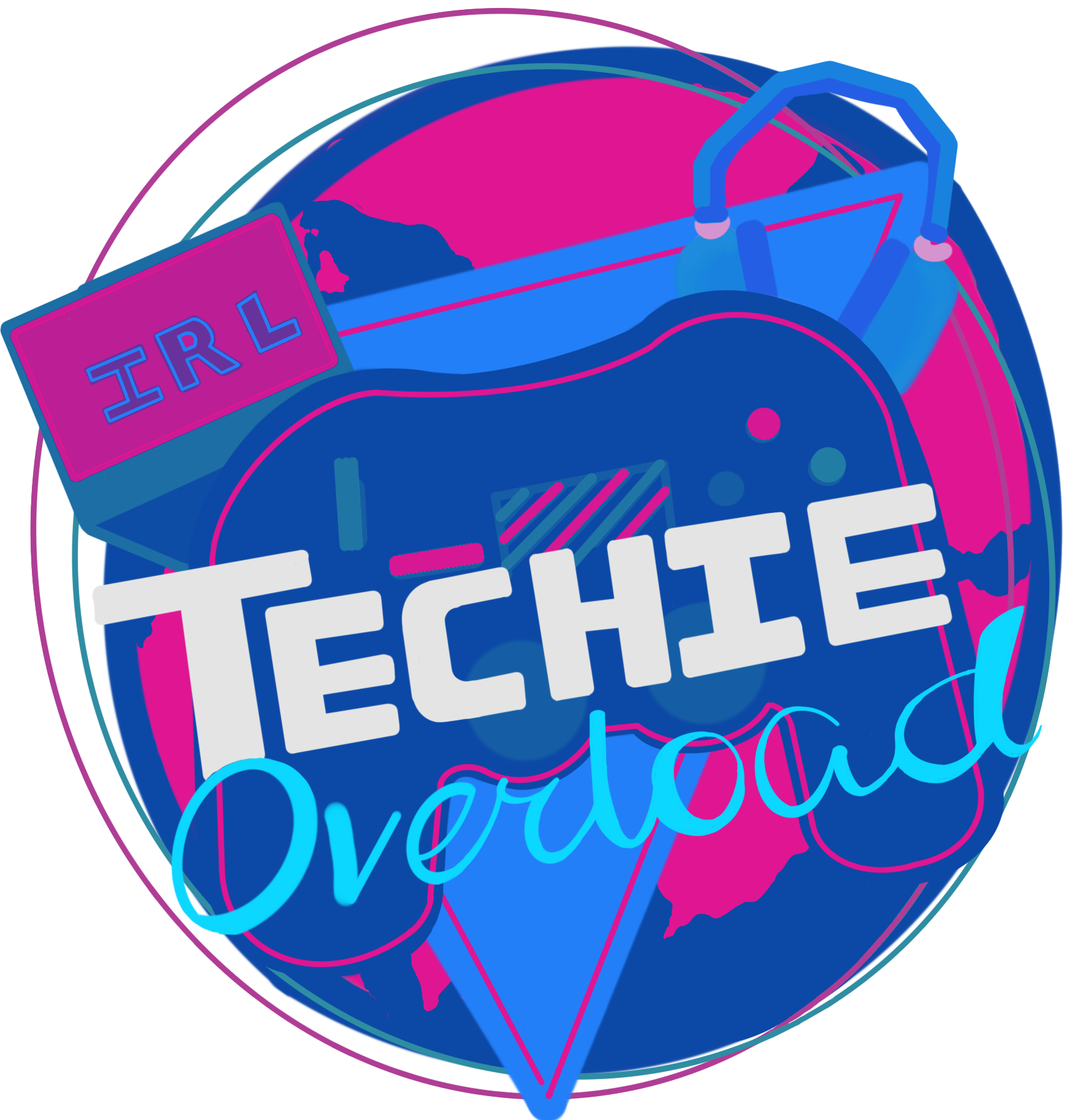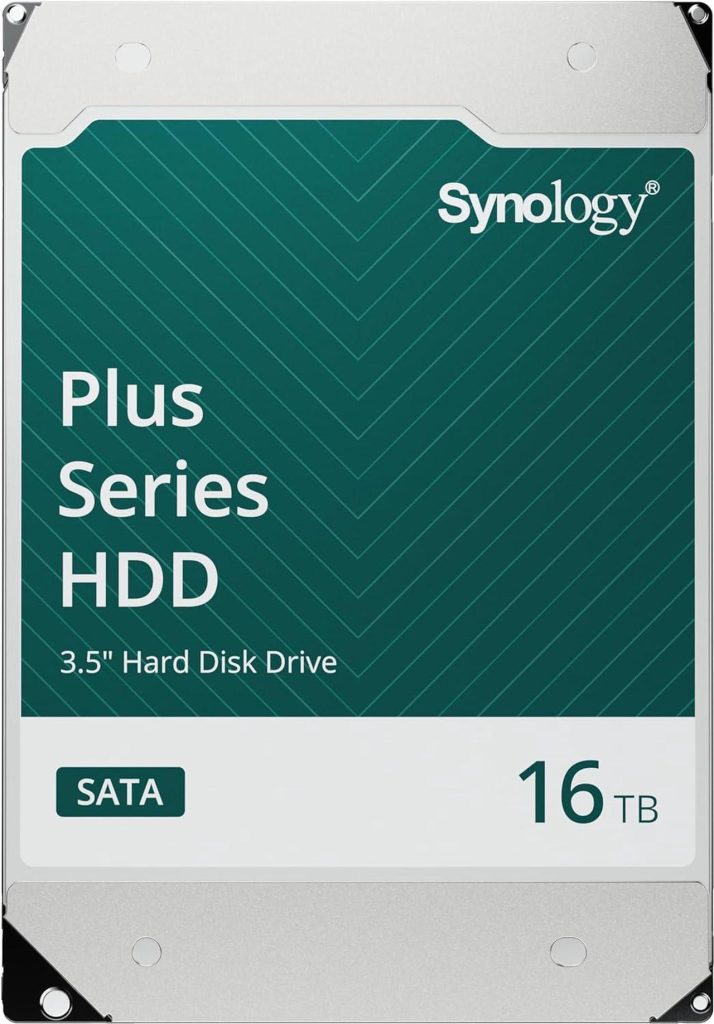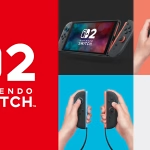The user wants a professional article based on a specific topic about Synology’s new policy on requiring branded drives for the Plus series NAS. I’ll need to gather up-to-date details from a reliable source. It seems necessary to browse the web and consult the original ArsTechnica article directly. No need for citations in this case, so I’ll just focus on crafting a detailed professional article using the latest information. I’ll dive in and get started!
Synology has announced a major shift in its hardware strategy: beginning with its 2025 Plus‑series NAS devices, only Synology‑branded or Synology‑certified drives will deliver full functionality. Under this new policy, installing an unsupported third‑party hard disk or SSD will prompt compatibility warnings in DiskStation Manager (DSM) and may even block the creation of new storage pools.
Key DSM features—volume‑wide deduplication, drive lifespan analysis, and automatic firmware updates—will be reserved exclusively for Synology‑approved media. While basic read/write operations may still work on unverified disks, administrators who rely on advanced data‑management tools will need to invest in first‑party drives to maintain full system capabilities.
According to Synology GmbH Managing Director Chad Chiang, the tighter hardware integration is designed to “ensure the highest levels of security, performance, and more efficient support” for users ranging from home enthusiasts to small businesses. By vetting drives through rigorous testing, Synology aims to deliver consistent performance benchmarks and streamlined firmware patching across its mid‑range NAS lineup.
Existing Plus‑series models released through 2024 (excluding the XS Plus and enterprise rackmount lines) are unaffected by the change, and drives migrated from legacy systems will continue to function in new enclosures. However, any brand‑new volume created on a 2025‑era Plus device must use Synology‑authorized media to unlock the full suite of DSM storage features.
The announcement has provoked concern among homelab hobbyists and cost‑conscious buyers, who have long valued the freedom to choose high‑capacity, third‑party drives from vendors like Western Digital or Seagate. Critics warn that forcing first‑party purchases could drive up upgrade costs and lock customers into Synology’s pricing structure.
Some users are already exploring workarounds—such as spoofing drive identifiers or installing unsupported firmware—but these tactics risk voiding warranties, triggering future compatibility blocks, and exposing data to integrity issues. Synology expressly cautions that tampering with DSM warnings may lead to unsupported configurations.
To soften the transition, Synology plans to publish a “curated compatibility list” once its internal testing completes. This catalog will identify any third‑party models that meet Synology’s performance and reliability thresholds, giving buyers clearer guidance on acceptable alternatives.
This move echoes similar restrictions already in place for Synology’s enterprise‑grade XS Plus and rackmount series, where certified drives have long been mandatory. By extending that model to its mid‑range Plus devices, Synology joins other hardware vendors in prioritizing a controlled ecosystem over open compatibility.
As the new Plus series approaches its mid‑year launch, Synology faces a delicate balancing act: delivering rock‑solid reliability through end‑to‑end integration while preserving the flexibility that has underpinned its popularity. Whether customers will embrace this tighter hardware lock‑in remains to be seen—though one thing is clear: the era of truly open NAS platforms is shifting once again.



